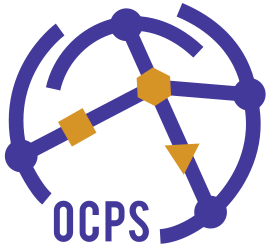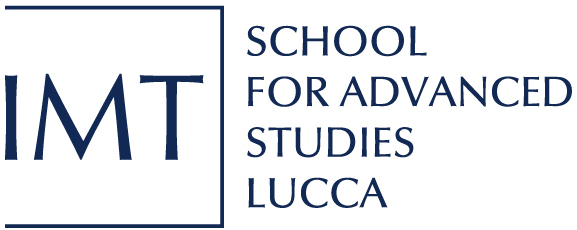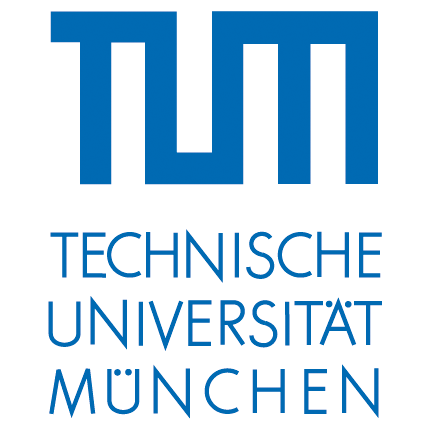
|
The design of
next generation of smart electricity grids, intelligent
transportation, and of many other systems requires a tight coordination between computation, communication and control elements (the
cyber part) on the one hand, and physical processes such
as heating, cooling, motion, vibrations, etc. (the
physical part) on the other hand. Despite the need for
integrated design of these so-called Cyber-Physical
Systems (CPS), the corresponding scientific disciplines
(control, computer science, etc.) have predominantly
developed independently. Novel system architectures and
systematic design methods are needed to realize the
integrated design of the CPS of the future. Particular attention was given to:
|
The idea of the school is to initiate young graduate students into the field of CPS, therefore we expect the lectures to be as much didactic as possible, possibly sacrificing the presentation of the most recent results in favor of a clear and deep exposition of the basic ones. As such, the presentations has been in a lecture style (providing explanations, insights and overviews) rather than in a workshop/conference style.
About the school
oCPS is a Training Network (Marie Curie) receiving funding from the European Union’s 2020 framework programme for research and innovation under grant agreement no 674875, see more on ocps.ele.tue.nl. The main objective of the Platform-aware Model-driven Optimization of Cyber-Physical Systems (oCPS) program is to form a multi-disciplinary research and education network bringing together all disciplines relevant for CPS to form a scientific basis to (i) develop model-driven design techniques for CPS and (ii) introduce platform-awareness in the design trajectories. Such techniques should allow dealing with tradeoffs towards cost-effective, quality-driven, reliable design of the CPS of the future. The program aims to train a generation of young researchers in cross-disciplinary thinking and deliver industrially validated tool chains.
The oCPS PhD school on Cyber-Physical
Systems is also the 7th edition of a series of biannual
PhD schools with a focus on hybrid, networked and
large-scale systems, that educated over 500 PhD students
worldwide:
- “0th” DISC PhD School on Hybrid Systems in 2003 (organized by M. Heemels, B. De Schutter, A. Bemporad)
- 1st HYCON PhD School on Hybrid Systems in 2005 (organized by A. Bemporad, M. Heemels)
- 2nd HYCON PhD School on Hybrid Systems in 2007 (organized by A. Bemporad, M. Heemels)
- 3rd WIDE PhD school on Networked Systems in 2009 (organized by A. Bemporad, M. Heemels, M. Johansson)
- 4th HYCON2 PhD school on Control of Networked and Large-Scale Systems in 2011 (organized by A. Bemporad, M. Heemels)
- 5th HYCON2 PhD School on Control of Networked and Large-Scale Systems in 2013 (organized by A. Bemporad, M. Heemels, M. Johansson)
- 6th DISC Summer School on Control for Cyber-Physical Systems, in 2015 (organized by A. Bemporad, M. Heemels)
Credits
1.5 credits are awarded to participants
2.0 credits are awarded to participants that have prepared and presented a poster at the poster session.





